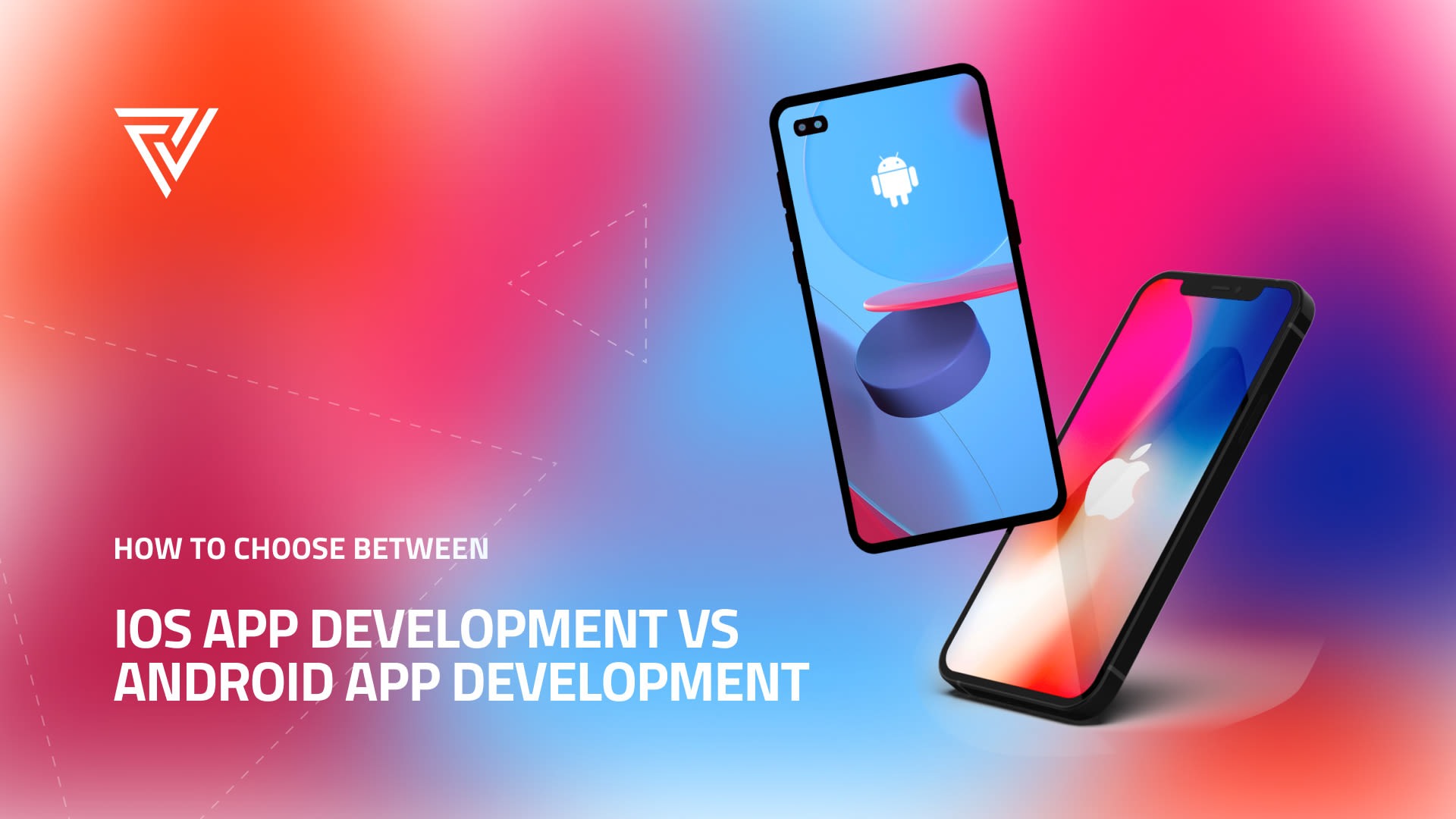
How to Choose Between iOS App Development vs Android App Development
When choosing between Android or iOS app development, software developers are often confused. Both systems have similar architectural features but still have different development and maintenance approaches, even in terms of design and marketing strategy.
Here are a few considerations to keep in mind when making that decision.
Keep track of android versions to match the hardware
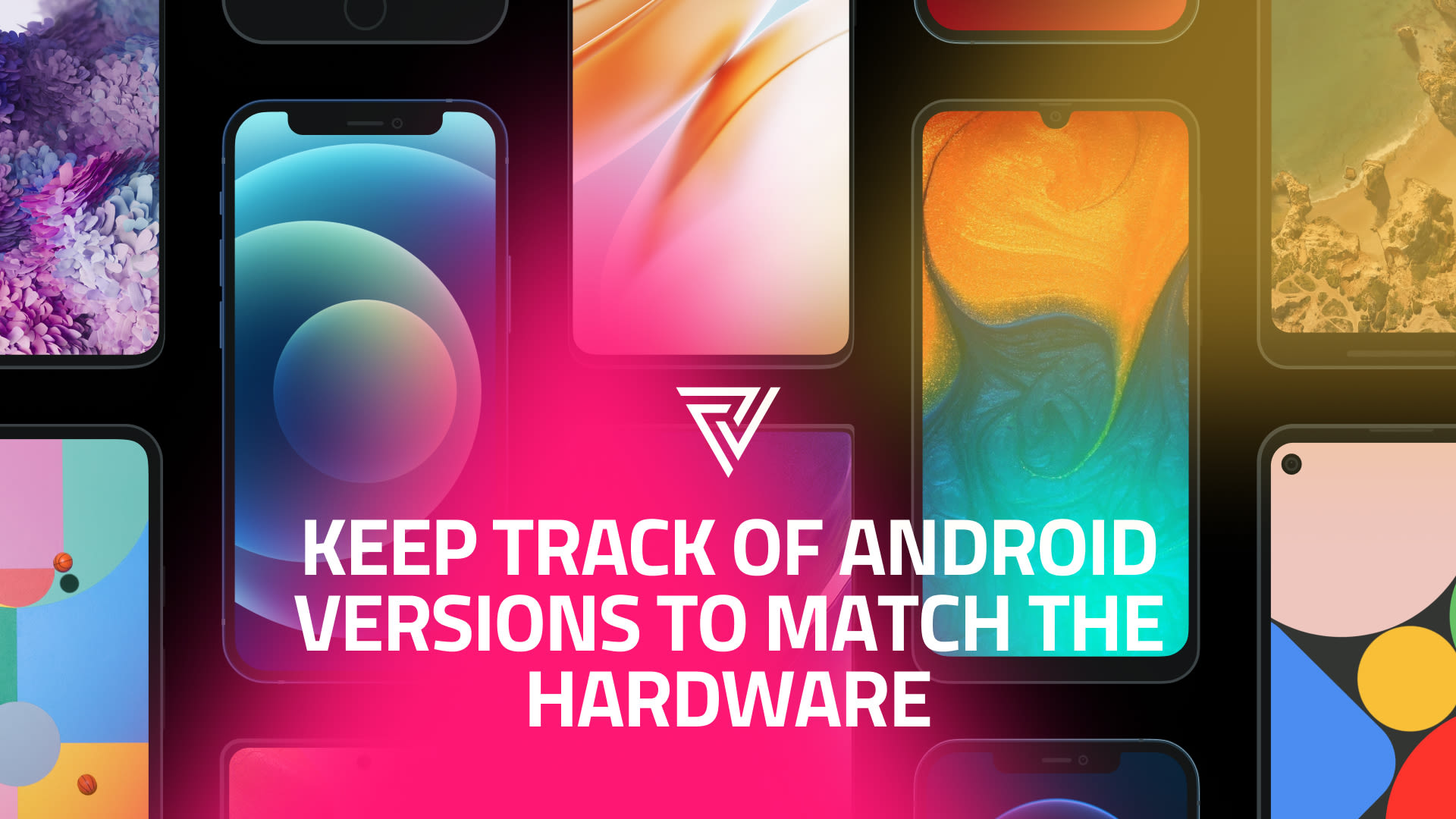
There are different versions of the Android operating system (OS) that are already installed on the devices . For example, Samsung has its own OS —Tizen OS, while OnePlus has the Oxygen OS. This is known as hardware proliferation.
When a business chooses to develop an app on the Android platform, they face challenges at the time of app testing. They would have to ensure that it works on all devices and across all Android versions and specific OS types.
On the other hand, for iOS, there is no device proliferation. Though there are different versions of the iOS, testing is easier because of device uniformity.
Develop for the right audience
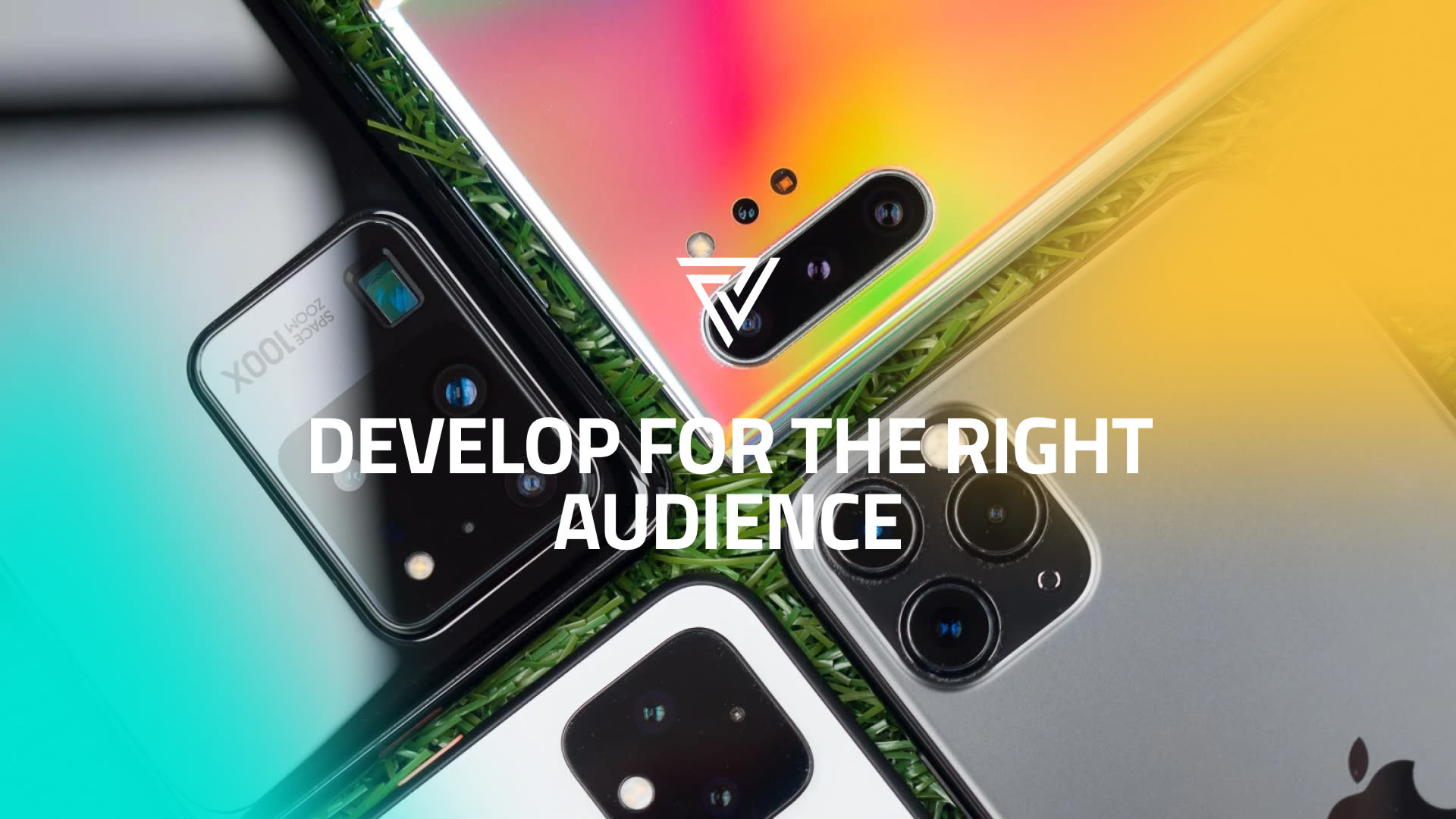
Android has a larger market share, but iOS users tend to spend more than Android users, especially in the regions in North America and parts of Western Europe. Approximately 80-90% of the total revenue from in-app purchases from these regions comes from iOS users alone.
Thus, when deciding between Android and iOS app development, it is important to know who your target audience is. For instance, if you want to promote in-app purchases for your prospects in North America and Europe, you should choose iOS because that’ll bring more revenue since users from these parts are willing to spend more.
Consider the device screen size when designing
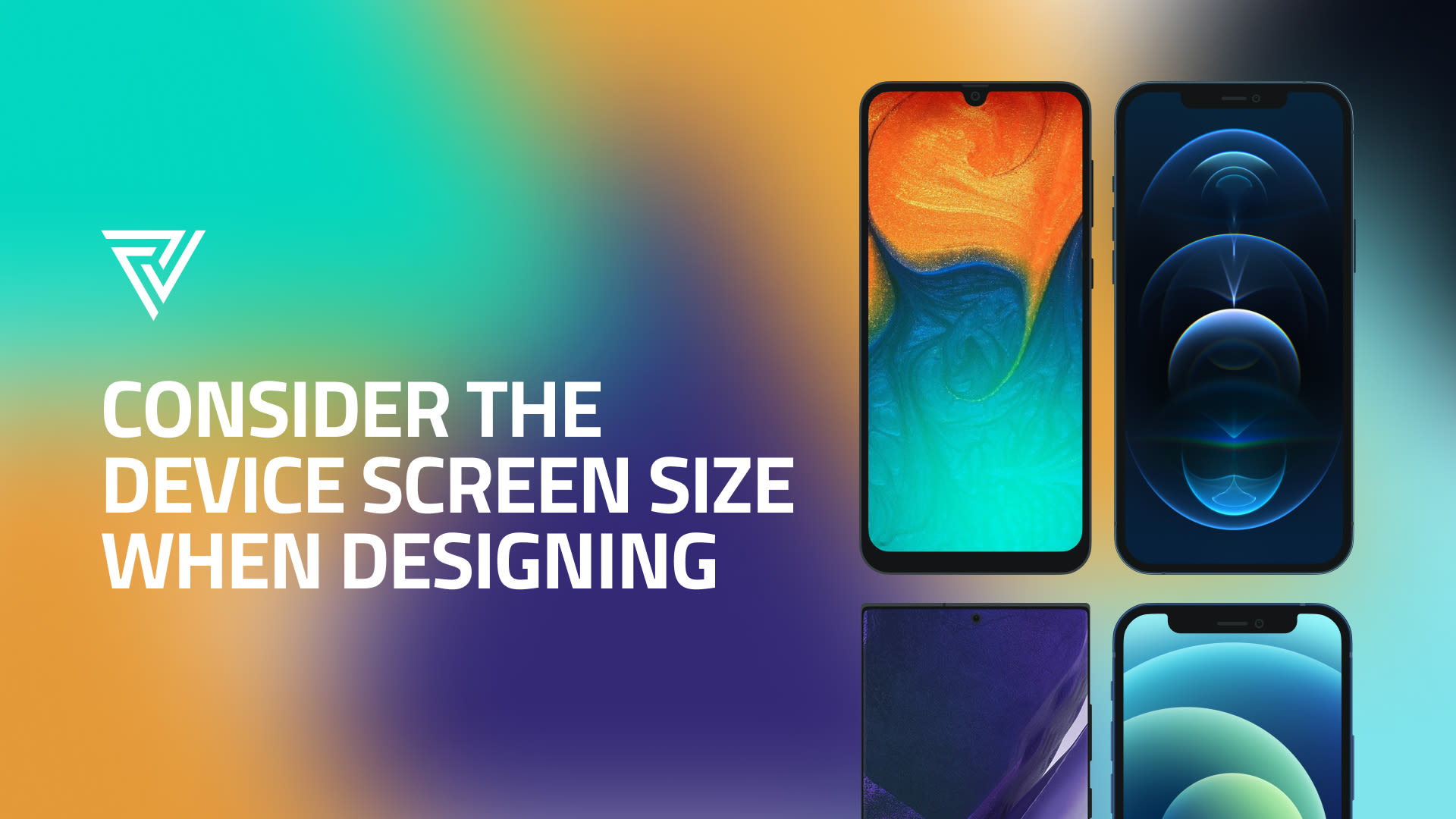
Device screen sizes are an important consideration when choosing the right app development platform.
Apple’s device screen sizes are limited and hence, they can be easily found. However, for Android, there is a huge range of devices, having different specifications and using different versions of the OS.
It is important to look into this and research during the UX stage. Developers need to keep screen sizes in mind when choosing between Android and iOS because screen size will help determine how an app will appear on the device and an app that has the best UX design will have higher chances of success.
Performance testing for apps on each platform
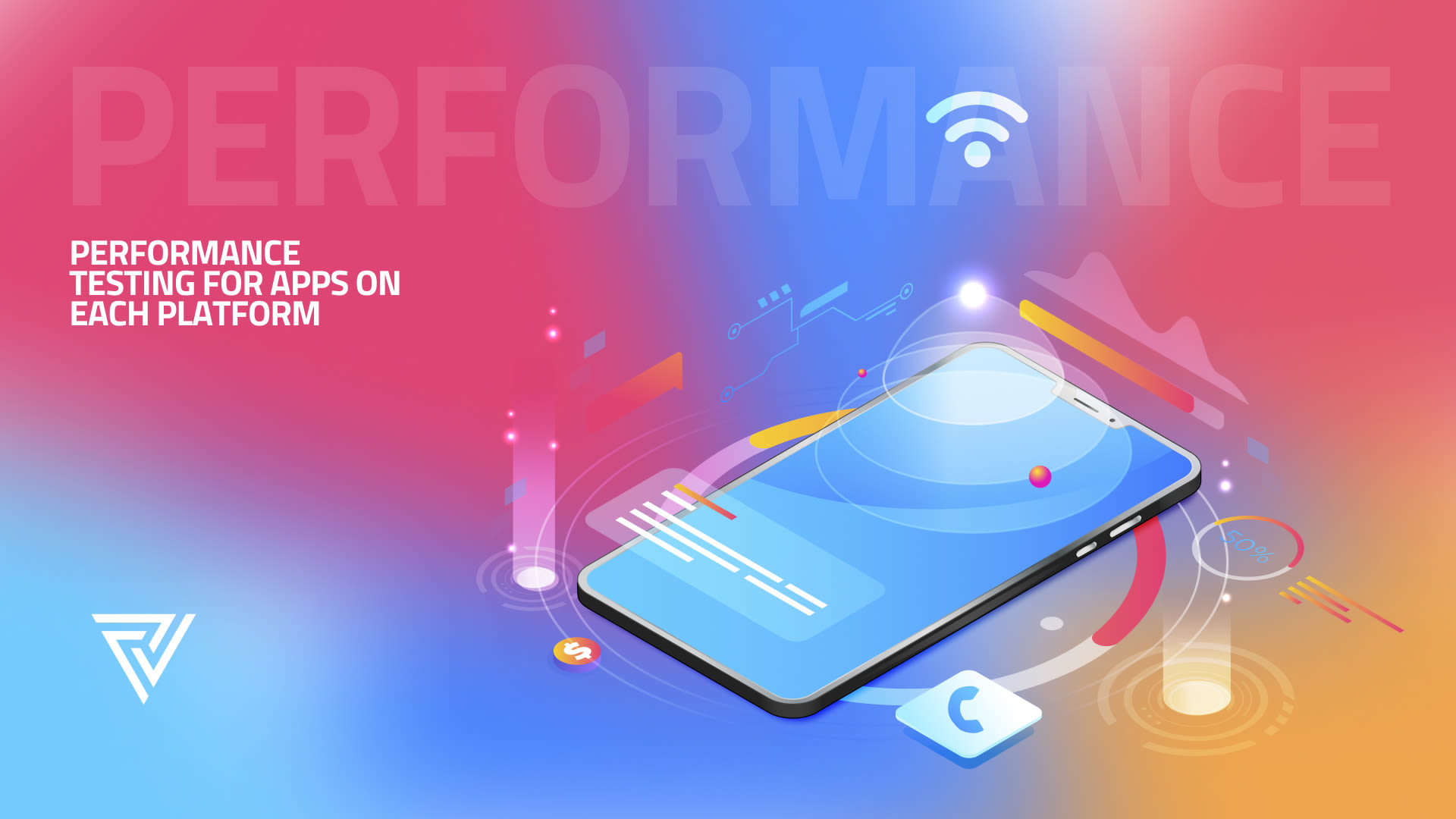
Performance is one of the essential factors in app development to deliver the best user experience. When it comes to performance testing, iOS has a meticulous process as Apple checks for battery drainage, memory leakages, and overall performance before allowing the app to launch on the App Store.
Apple does this to make sure its users get the highest quality app that is unlikely to crash unexpectedly and that runs smoothly across all platforms and devices.
Google Play Store on the other hand, does not have such a rigid testing policy, so it is fairly common for some unreliable apps to get published. In the end, Google removes these apps from the Play Store as they believe that the market can eliminate the low quality apps automatically by leaving bad reviews. However the negative reviews may lead to a bad reputation for both the developers and even the company.
User data security concerns
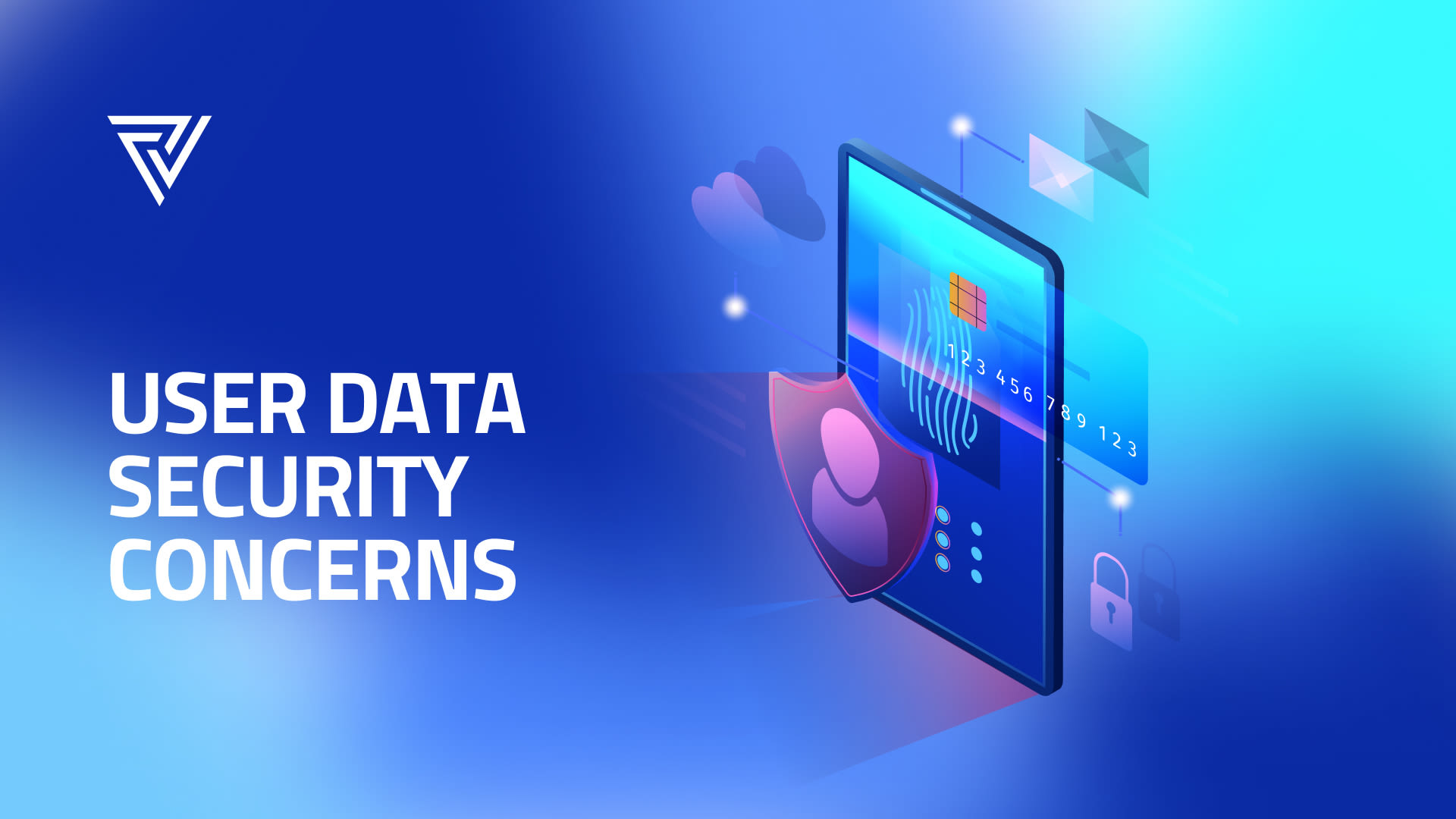
Data security concerns are another important issue when choosing between Android and iOS app development. Google Play Store’s “no-checking” policy could likely compromise user data, which can go unnoticed.
During testing, if developers are not focused on testing their app for security concerns and if the users install it, then their data is at risk and so is the app itself.
If users become aware that their data has been compromised, it can brutally impact the company’s brand perception.
IOS has rigorous approaches that ensure this does not happen with any of the apps that are released on the App Store.
Choosing seasonal employees or contractors for internal app development
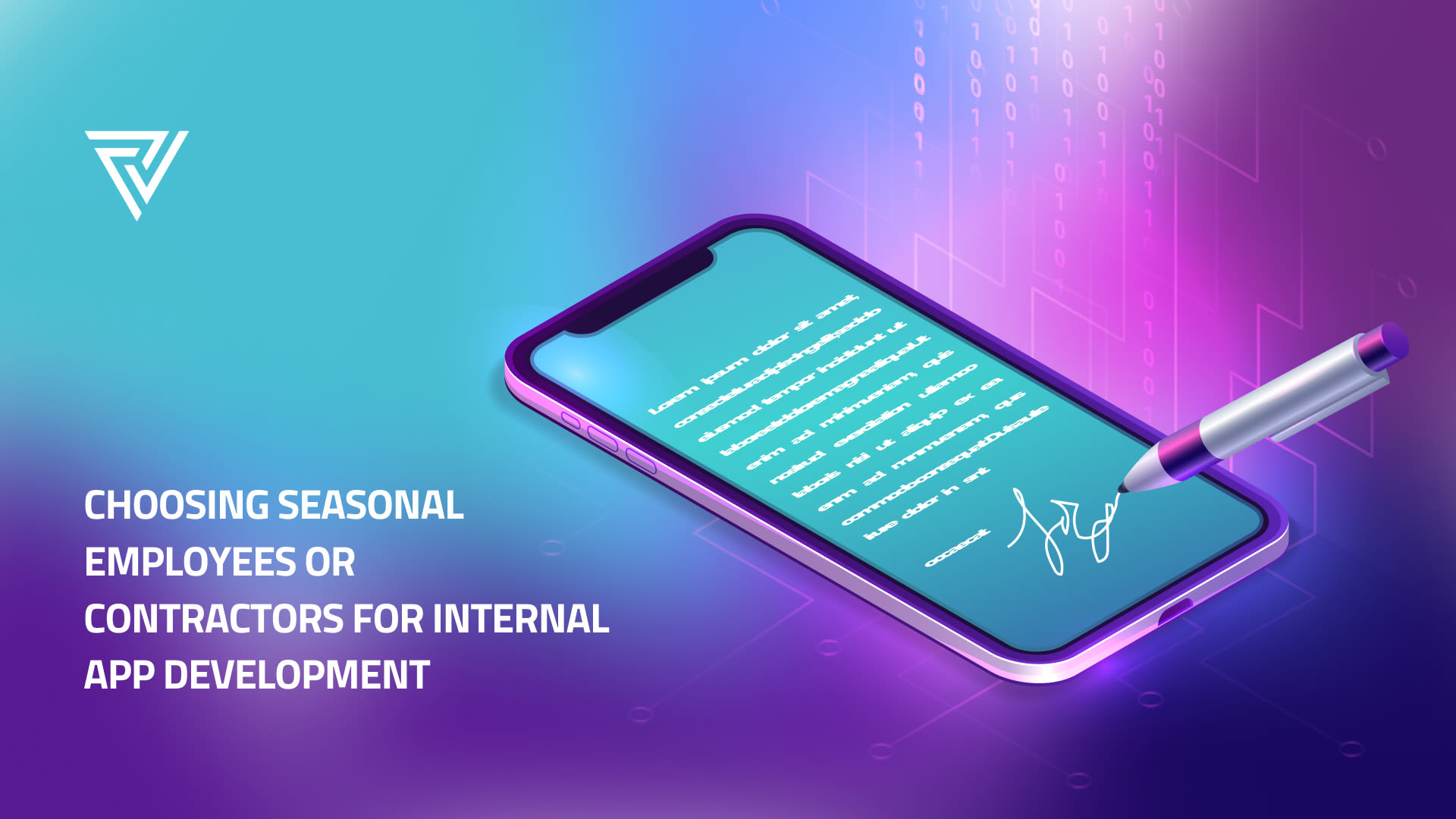
When a business is developing an app, they must think about whether the employees are seasonal or contractual employees. In case they are seasonal employees, an iOS app — for instance one for a departmental store, may not be easy to use. They would need to have set up different Apple iOS IDs for each one before they can use the app.
There are legal implications when choosing seasonal or contractual employees especially in the U.S. as providing them with a separate company email poses a significant legal challenge in the U.S.
For Android, there are no such legal complications. Your business can ask new employees to download the app on their devices and get to work ASAP.
Hardware usage control for employee-facing apps
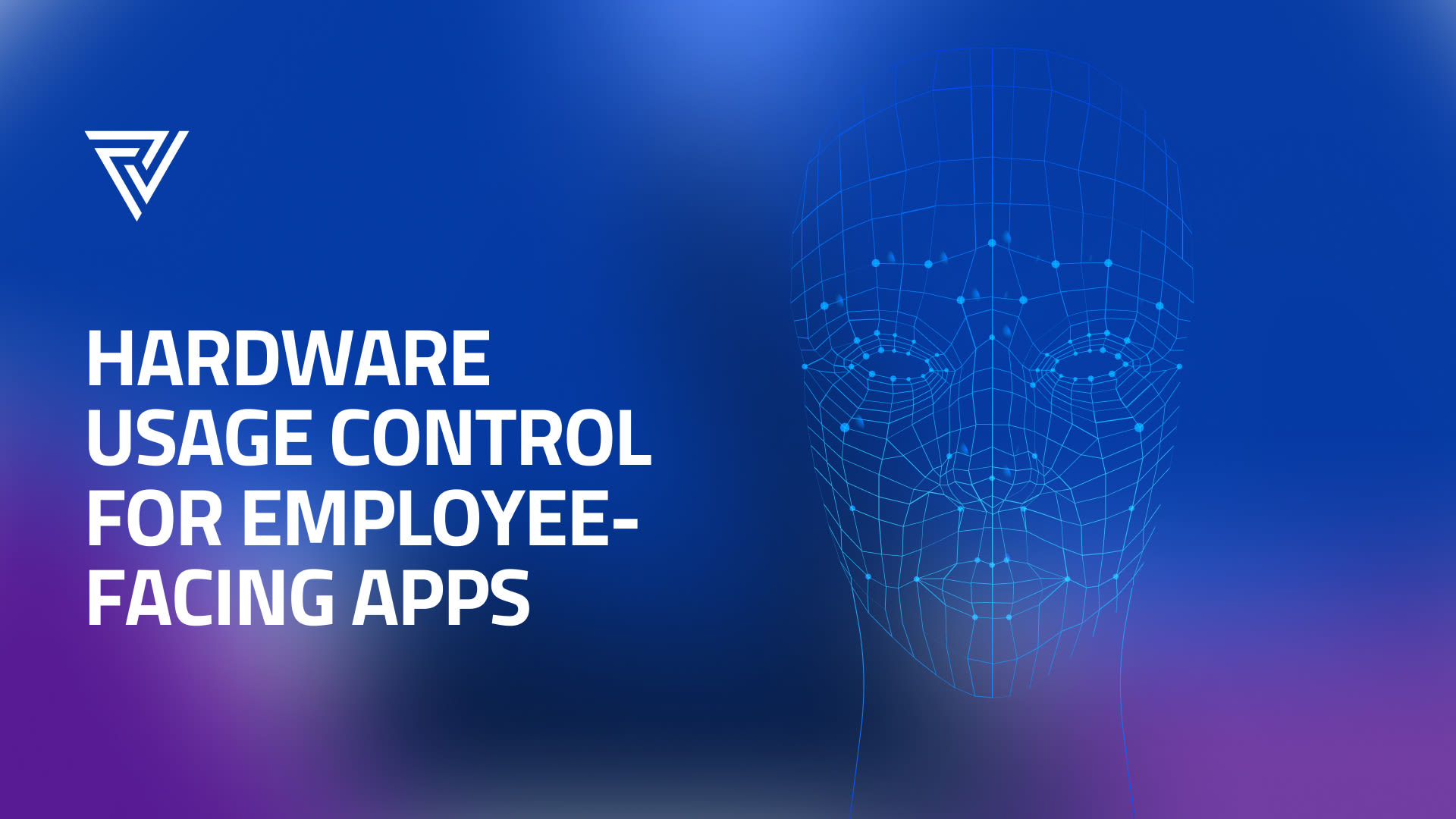
If a company is providing its employees with mobile devices, they have the flexibility to decide which phone brand to distribute among their employees thus eliminating the device proliferation problem for their workplace at least.
This makes testing easier as well and ensures uniformity and greater control for the business.
Compare app development ROI for both platforms
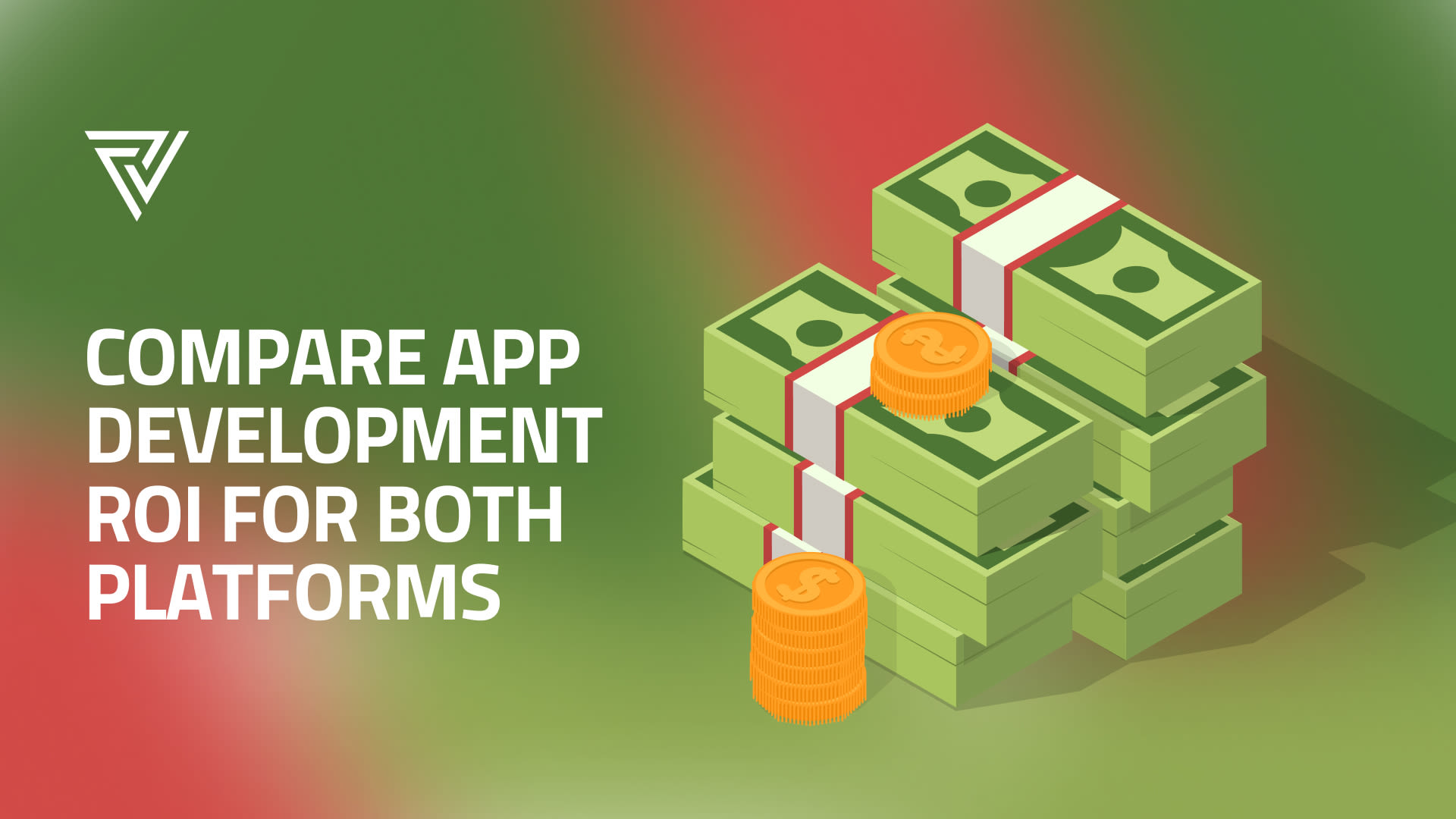
Total iOS App Store developer payout as of Jan 2020 was $155 billion.
Considering that mobile app revenue is expected to be around $189 billion, Google is nowhere near Apple in this race.
The average income for the top 100 non-gaming app publishers for iOS stands at $23.3 million as compared to $7 million in the first quarter of 2019.
It’s worth mentioning that iOS app development is 30-40% less expensive compared to developing Android apps.
Distinguishing which platform is right for you can be difficult and time-consuming. A business needs to consider a lot when deciding on how to develop their app and where to release it. Ignoring or missing out on any of these considerations can be devastating and sustain costs that can exceed the company’s budget and lead to problems.